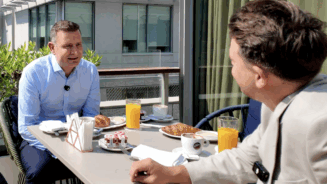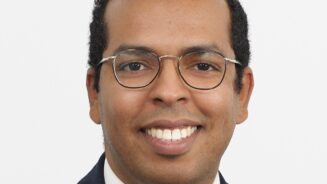Polar
Polar capital, which reported movements in its assets under management for the nine months to end December, said its long only funds saw £286m in redepmtions over the nine months, while its alternatives funds reported £44m in inflows.
But, it added: “Despite the challenging market conditions we were pleased to return to net inflows for the December quarter which totalled $341m (£218m). Our main Japan fund continued to see redemptions but at a much reduced level compared to previous quarters.”
“The short-term outlook for markets is highly uncertain although we remain optimistic on the outlook for growing our assets and profits over the longer term given the breadth of our product offering and the long term performance record across our funds.”
Ashmore
Ashmore, on the other hand, reporting movements in AUM for the three months to end December,reported a $1.7bn decline in AUM, largely on the back of a 12% and a 16% deline in AUM in its local currency and corporate debt funds respectively, which more than offset the inflows into its alternatives funds.
Mark Coombs, Ashmore CEO said: “Historically, the early stages of US rate cycles have provided a supportive backdrop for Emerging Markets fixed income, and attractive yields across sovereign and corporate markets suggest these asset classes are well placed to enjoy decent performance.
But, he added: “The market weakness and volatility experienced in early 2016, notably in Chinese equity markets, will doubtless lead to some investors maintaining a cautious stance; considering the price adjustments of the past 18 months, this approach will risk missing some very good performance in Emerging Markets assets as their attractive fundamentals begin to show through.”




